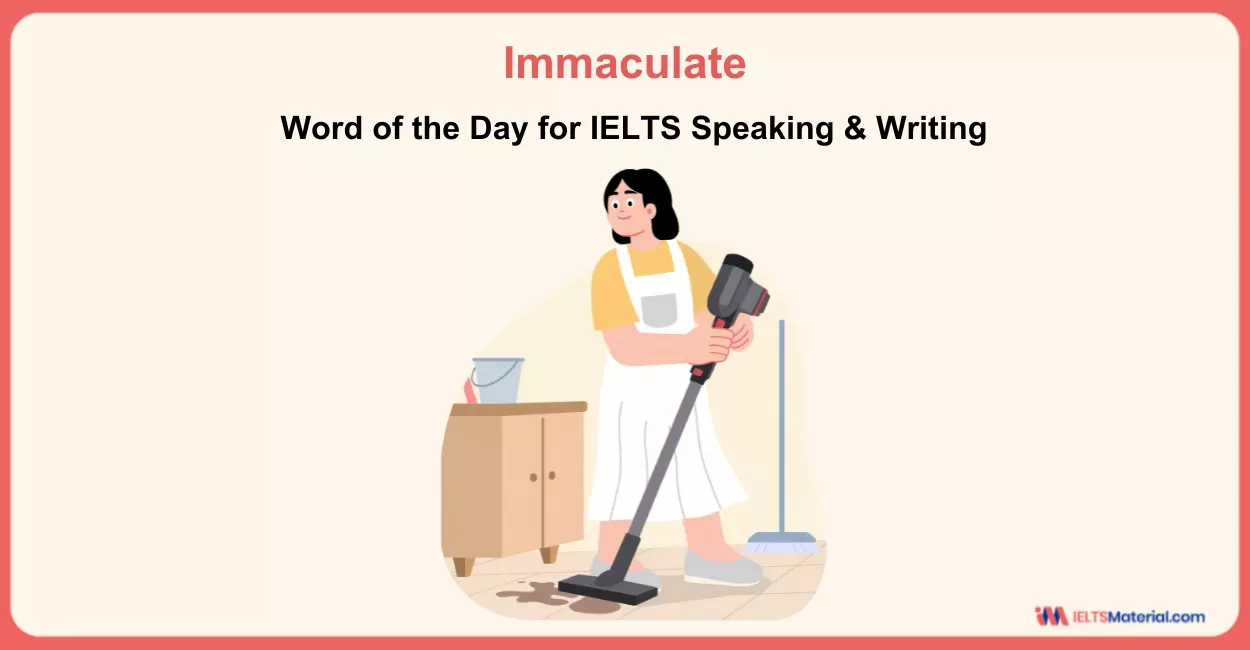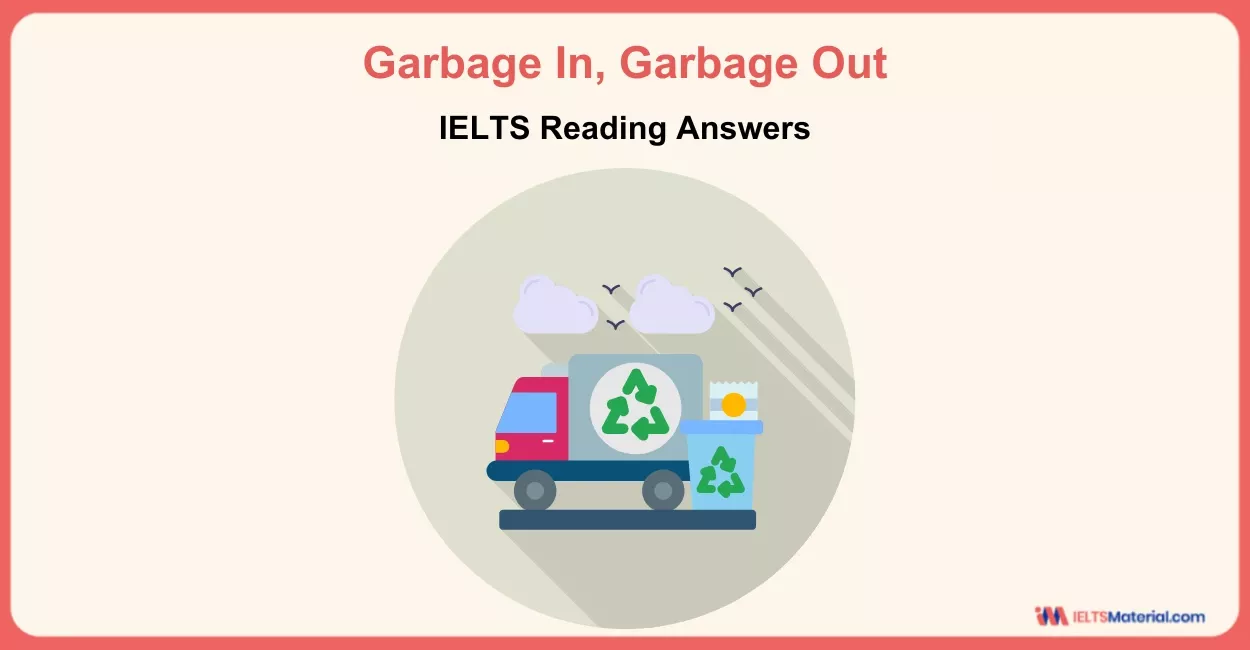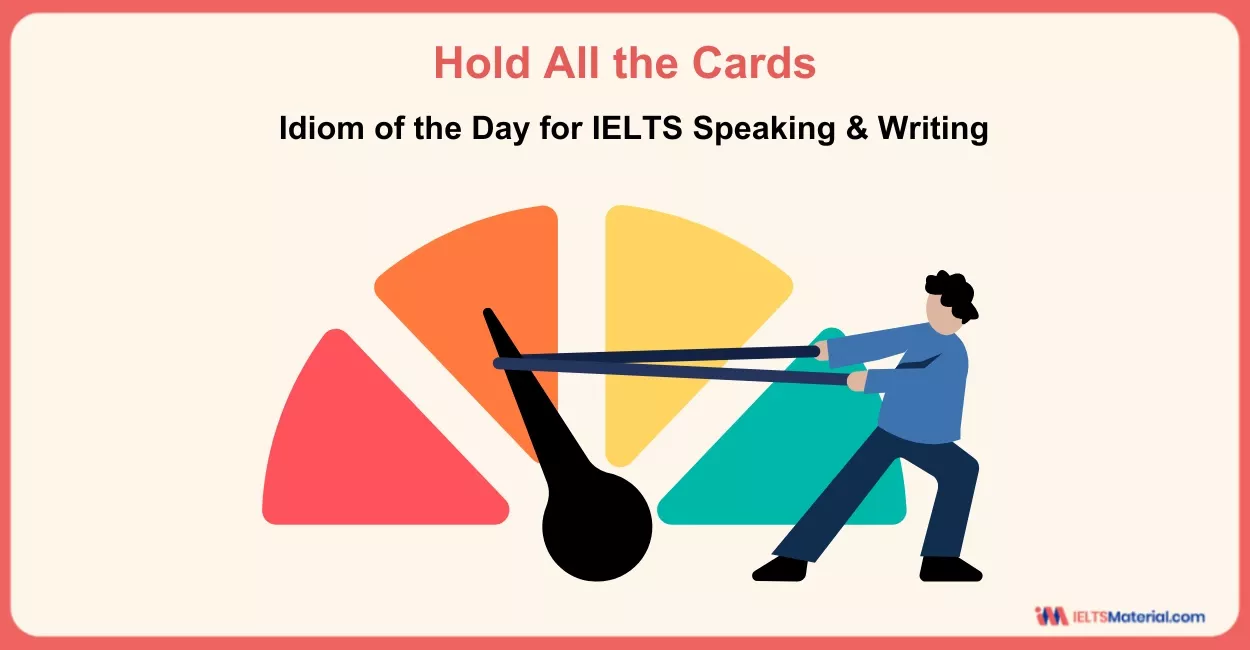Useful Phrasal Verbs for IELTS Speaking (with Meaning & Examples)
Get your hands on the list of most common and useful phrasal verbs for IELTS Speaking with meaning and examples here. Use them to add a natural conversational tone to your answer, boost your IELTS vocabulary and achieve your desired IELTS band score of 9.
Table of Contents

Limited-Time Offer : Access a FREE 10-Day IELTS Study Plan!
If you are preparing for the IELTS Speaking test and want to sound more natural, fluent, and confident, learning phrasal verbs for IELTS Speaking is a smart move. It is mostly because native speakers use phrasal verbs all the time in the conversation! However, only memorizing these phrases might not help you unless you know how to use them in the correct context.
In this blog, we will cover what phrasal verbs are, the list of 35 most common and useful phrasal verbs for IELTS Speaking with meaning and example and how to learn or use them for a Band 8 and more.
What Are Phrasal Verbs?
Phrasal verbs are combinations of a verb with a preposition or adverb (or both) that create a meaning different from the original verb.
For example:
- ‘Give up’ does not just mean ‘give’. It means ‘to stop trying’.
- Similarly, ‘look into’ means ‘to investigate’.
They are essential in spoken English and are very common in informal and conversational contexts, which is exactly what the IELTS Speaking test is all about. Now, let us go through the list of useful phrasal verbs for IELTS Speaking.
Want a high IELTS Speaking score?
Begin with our Comprehensive IELTS Speaking Band 8 Preparation Course!
Using phrasal verbs for IELTS Speaking has many benefits. Firstly, it helps you sound more natural and native-like. Secondly, it boosts your lexical resource (25% of your IELTS speaking score) and IELTS vocabulary. Thirdly, it shows your ability to use idiomatic and flexible language. Lastly, it makes your speech more expressive and engaging.
List of Useful Phrasal Verbs for IELTS Speaking (with Meaning and Examples)
The table below provides a collection of commonly used phrasal verbs that are not only useful in daily communication but also ideal for IELTS Speaking Part 1, 2, and 3.
|
Phrasal Verb |
Meaning |
Usage in Speaking |
|---|---|---|
|
Make it |
arrive or get a result |
|
|
Bone up on |
study intensively |
|
|
Do away with |
eliminate |
|
|
End up |
eventually become |
|
|
Figure out |
discover or solve |
|
|
Make do with |
accept something less ideal |
|
|
Goof off |
waste time |
|
|
Make of |
understand or form an opinion |
|
|
Worn out |
exhausted |
|
|
Clam up |
go silent due to nerves |
|
|
Work out |
calculate or understand |
|
|
Catch up |
reach the same level |
|
|
Carry on |
continue |
|
|
Come across |
meet or find by chance |
|
|
Read up on |
learn by reading |
|
|
Sort out |
organize or solve |
|
|
Zone out |
lose focus or concentration |
|
|
Put up with |
tolerate |
|
|
Come up with |
create or invent |
|
|
Look back on |
reflect on the past |
|
|
Call off |
cancel |
|
|
Drop out |
quit something (school, course) |
|
|
Set up |
start (a business, meeting) |
|
|
Run out of |
have none left |
|
|
Look into |
investigate |
|
|
Hold on |
wait |
|
|
Pick up |
learn gradually |
|
|
Turn down |
reject |
|
|
Back up |
support |
|
|
Catch on |
become popular |
|
|
Get by |
survive or manage |
|
|
Give up |
quit trying |
|
|
Turn out |
end up or result in |
|
|
Get over |
recover from |
|
|
Come down with |
become ill |
|
Are you having difficulty speaking for IELTS Speaking?
How to Use Phrasal Verbs Naturally in IELTS Speaking
Your lexical resource score can improve significantly with natural, accurate use of phrasal verbs for IELTS Speaking. So, here are some useful IELTS speaking tips to impress the examiner and help you use them effectively:
1 Understand the Meaning in Context
Don't just memorize definitions, learn them through usage. Phrasal verbs often have idiomatic meanings, which means they cannot always be understood just by translating each word. To use them confidently, study them in real-life situations, sentences, or conversations. For example, instead of memorizing ‘Give up means to quit’, try this - ‘Even though the exam was hard, I didn’t give up.’ To do that, read or listen to dialogues, short stories, or even movie subtitles where native speakers use phrasal verbs casually.
2 Use Them in Answers to Personal Questions
The best place to use phrasal verbs is in Speaking Part 1 and Part 2. These parts ask about your life, routines, experiences, and opinions, which are perfect situations to include phrasal verbs naturally. So, prepare answers to recent IELTS topics in IELTS Speaking tests (e.g., hobbies, daily routine, travel, school) and deliberately include one or two phrasal verbs per answer. Let’s check out some examples below.
- Part 1 Example:
Q: What do you do to relax?
A: Well, I usually just zone out and listen to music after a long day. - Speaking Part 2 Example:
Describe a time when you were late for something important.
A: I completely lost track of time because I was goofing off with friends, and by the time I realized it, I had to run just to make it.
3 Practice with IELTS Actual Questions
Use phrasal verbs in mock speaking tasks and simulate real test situations. Just like vocabulary or IELTS grammar, phrasal verbs require active recall and speaking practice. Reading is not always enough. You need to say them out loud to build fluency. So, try this routine: pick 5–7 phrasal verbs, write a few IELTS-style questions (Part 1, 2, or 3), answer them using those phrasal verbs and record yourself and listen back. This kind of focused speaking practice helps you use phrasal verbs naturally, get used to how they sound in your speech and catch any awkward or incorrect uses.
4 Don’t Force It
It is better to use a few phrasal verbs well than to overuse or misuse them. You do not have to pack your answer with five phrasal verbs to impress the examiner. Doing so may make your speech sound unnatural or confusing. So, use only the phrasal verbs you fully understand and feel comfortable saying.
- Wrong approach:
‘I came across a book and picked it up, and then I zoned out while reading it, and I gave up halfway, but I carried on because I had to figure out how to read up on…’ - Better approach:
‘I came across an interesting book, and I really enjoyed reading it over the weekend.’
To sum up, using phrasal verbs correctly can elevate your IELTS Speaking score and help you communicate with more ease and fluency. Keep practicing the IELTS Speaking practice tests and you will get there. Just don’t give up!
Useful Links:
- Common English Words Used in IELTS Speaking Test 2025
- Useful Idioms for IELTS Speaking to Score Band 8.0+
- IELTS Speaking Lessons
- How to Organize Your Responses on the IELTS Speaking Exam?
- Self-Introduction for IELTS Speaking Test: A Complete Guide
- How to Answer Yes/No Questions in IELTS Speaking?
- 10 Best Podcasts for English Learners for Any Level
- How to Express Your Mixed Feelings in IELTS Writing & Speaking?
Frequently Asked Questions
Can using phrasal verbs really increase my IELTS Speaking score?
How many phrasal verbs should I try to use in the IELTS Speaking test?
Are there certain phrasal verbs that are better suited for IELTS Speaking?
Do phrasal verbs count as idiomatic language for IELTS scoring?
Explore IELTS Speaking

Start Preparing for IELTS: Get Your 10-Day Study Plan Today!
Explore other IELTS Articles

Haniya Yashfeen

Haniya Yashfeen

Nehasri Ravishenbagam
Recent Articles
Haniya Yashfeen

Kasturika Samanta

Kasturika Samanta






Post your Comments
1 Comment